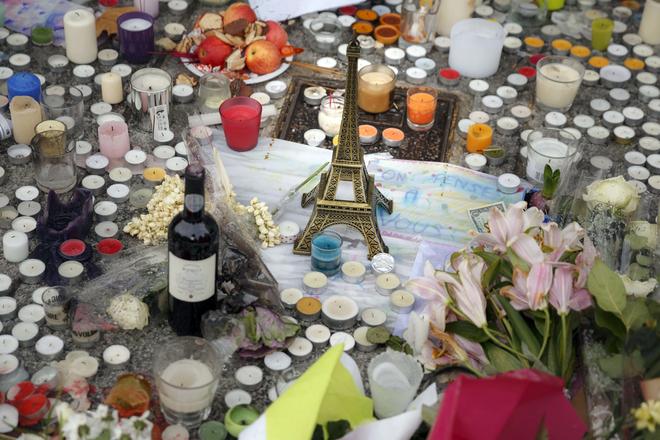NO SPECIFIC new security measures should be applied in Slovakia following the November 13 terrorist attacks in France and the country is still considered safe, though threats can never be ruled out completely, says Róbert Ondrejcsák, director of the Centre for European and North Atlantic Affairs (CENAA).
The Slovak Spectator spoke to Ondrejcsák about Slovakia’s response to the Paris attacks and also the impact on the approach to the security policies in Europe.
The Slovak Spectator (TSS): Slovakia is considered a relatively safe country, with low possibility of it being a target of a terrorist attack. Is this still true?
Róbert Ondrejcsák (RO): It is certainly less likely than in France or Great Britain which are primary targets of terrorist organisations in Europe. It cannot be ruled out completely, though. There is an example of Tanzania or Kenya where al-Qaeda attacked the US embassies in 1998, resulting in hundreds of victims, mainly the locals. So no country is 100-percent safe.
TSS: Have the attacks in Paris worsened the security situation in Slovakia?
RO: I do not think the situation has worsened, though the attacks point to the existing threats. No new threat occurred – it has only been confirmed that ISIS is a threat not only for the Middle East, but also for Europe.
TSS: France has re-introduced the border controls after the attacks, while other countries did so even sooner, as a response to the refugee crisis. Can the attacks in some way impact the future of Schengen?
RO: Some temporary stricter safety measures may be introduced. But everything will depend on whether it is only one exceptional event or other terrorist attacks will follow.
TSS: How do you perceive the current state of security cooperation of EU countries? Should the countries be more united?
RO: Coordination will certainly increase the effectiveness. The exchange of information and cooperation of intelligence services is the most effective tool to eliminate such attacks.
TSS: Do you except that the attacks in France will fundamentally impact the security architecture of the EU? Should we expect any changes to the approach of the EU countries to security measures?
RO: This certainly concerns France where the patrols near all important institutions and memorials have already been strengthened. The security measures in Europe will be temporarily strengthened, particularly in the countries which consider themselves potential targets. But they will not be as intensive as in France.
TSS: And what about Slovakia?
RO: I do not think it is necessary to apply extra security measures in Slovakia. Of course, it is necessary to monitor the embassies of countries threatened by terrorist organisations. But I do not think we should apply extra measures in Gabčíkovo. It is not necessary.
TSS: Except for more intensive monitoring of the camp in Gabčíkovo, Prime Minister Robert Fico said in response to the Paris attacks that they will more closely watch the Muslim community in Slovakia. Are these measures appropriate?
RO: Like in case of migration crisis, the prime minister is abusing it for election campaign. His response to the Paris attacks remind me of an election campaign speech rather than the speech of a statesman. Also the communication where he tars refugees and terrorists with the same brush is unacceptable. I also do not think that the claim that we will monitor every Muslim in the country belongs to the vocabulary of the statesman. It cannot be excused even by saying it is for country’s safety.



 (source: AP/TASR)
(source: AP/TASR)